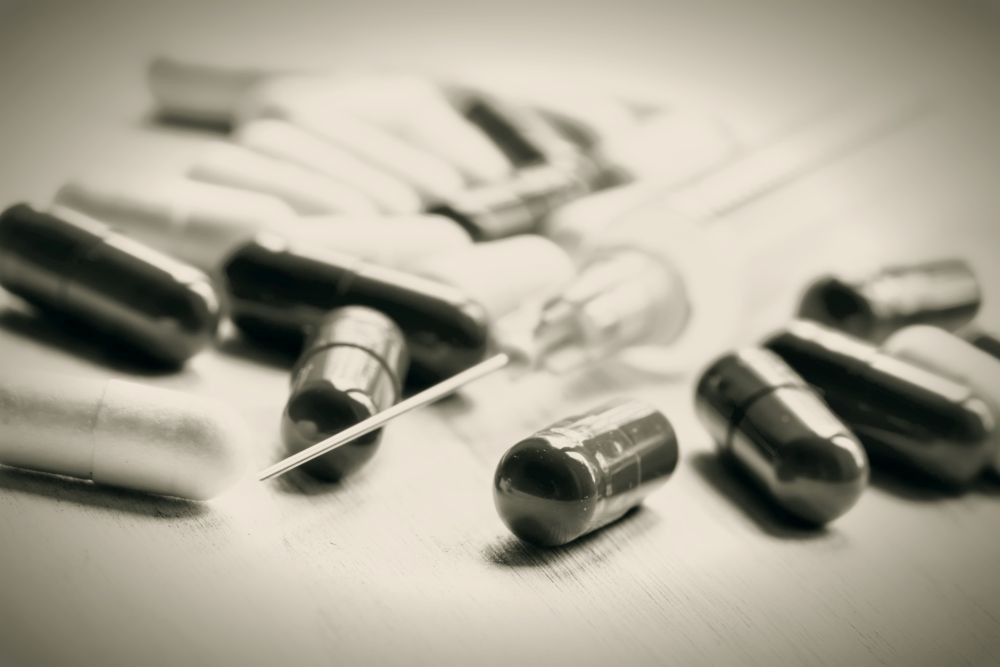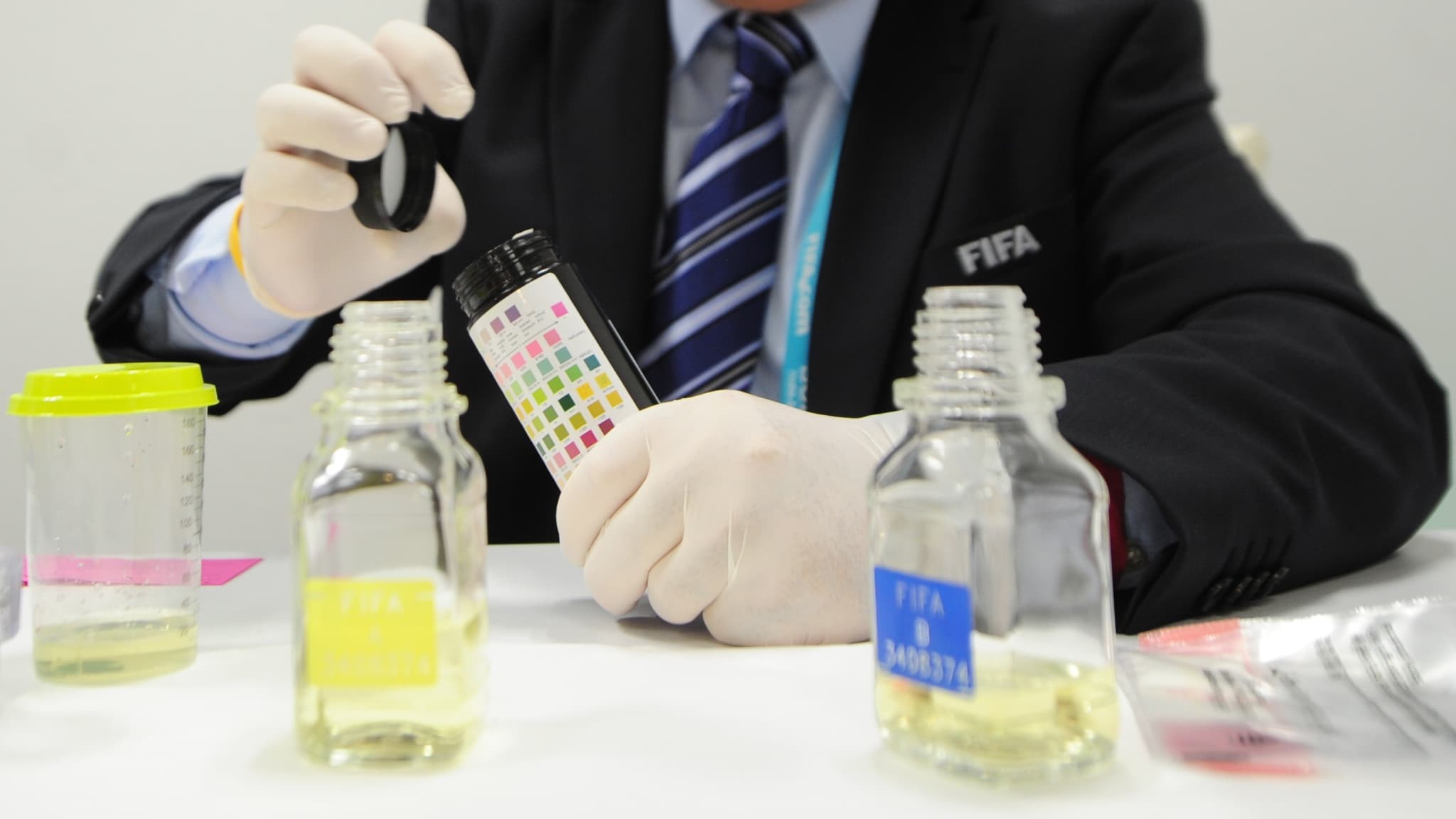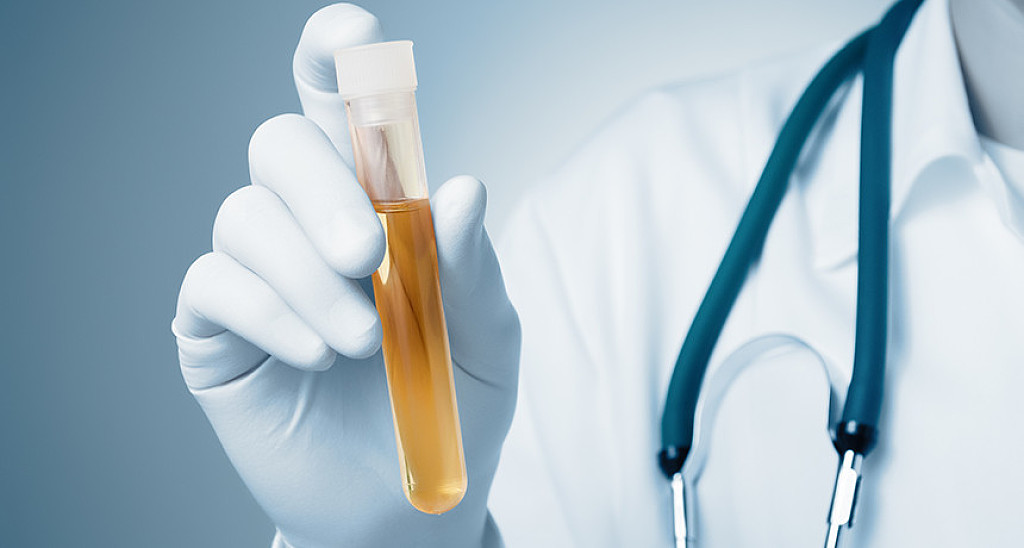Running News Daily
Running News Daily is edited by Bob Anderson. Send your news items to bob@mybestruns.com Advertising opportunities available. Train the Kenyan Way at KATA Kenya and Portugal owned and operated by Bob Anderson. Be sure to catch our movie A Long Run the movie KATA Running Camps and KATA Potato Farms - 31 now open in Kenya! https://kata.ke/
Index to Daily Posts · Sign Up For Updates · Run The World Feed
Scientists reveal a new way to detect banned performance-enhancing substances just ahead of the Tokyo Olympics
A team of scientists at the Florida Institute of Technology has developed a new method for detecting doping compounds in urine samples ahead of the Tokyo Olympics.
This new method will not only help regulatory agencies detect existing dopants, but will also help them find newly created illicit steroids not yet known to the World Anti-Doping Agency (WADA) to reduce doping in the future. The research was presented Monday at the American Chemical Society.

Each year, WADA releases a list containing every substance athletes are prohibited from using, which includes steroids. The problem is that it can be difficult to distinguish between endogenous steroids (those created naturally in the athlete’s body) and exogenous steroids (steroids the athlete takes in from an outside source) when analyzing a urine sample. Additionally, new performance-enhancing drugs are continuously being developed that many labs don’t know to test for.

“As quickly as we develop methods to look for performance-enhancing drugs, clandestine labs develop new substances that give athletes a competitive advantage,” Dr. Christopher Chouinard, the project’s principal investigator said in an interview.
CChouinard and his team have now developed a test using mass spectrometry and gas or liquid chromatography that can differentiate between endogenous and exogenous steroids, while also anticipating the chemical structure of potential future performance-enhancing compounds. Basically, this test breaks the molecules in the sample up and separates them into fragments, so testing facilities can identify the original, intact compound. Then, the scientists use another special separation technique that allows them to tell the difference between naturally occurring steroids and synthetic, performance-enhancing substances.
The team is also collaborating with other researchers at the university to develop machine-learning techniques to predict the structure and other characteristics of new or future steroids that WADA does not yet know about.
“If we can develop methods to identify any theoretical steroids in the future, we could dramatically reduce doping, because we would be able to detect these new species immediately, without the lag time that’s been associated with anti-doping testing over the last 40 years,” Chouinard says.
This research is coming out only a few months before the summer Olympics, and if it can be employed in time, it could make these Games one of the cleanest on record.
by Brittany Hambleton
Login to leave a comment
Tokyo 2020 Olympic Games
Fifty-six years after having organized the Olympic Games, the Japanese capital will be hosting a Summer edition for the second time, originally scheduled from July 24 to August 9, 2020, the games were postponed due to coronavirus outbreak, the postponed Tokyo Olympics will be held from July 23 to August 8 in 2021, according to the International Olympic Committee decision. ...
more...




